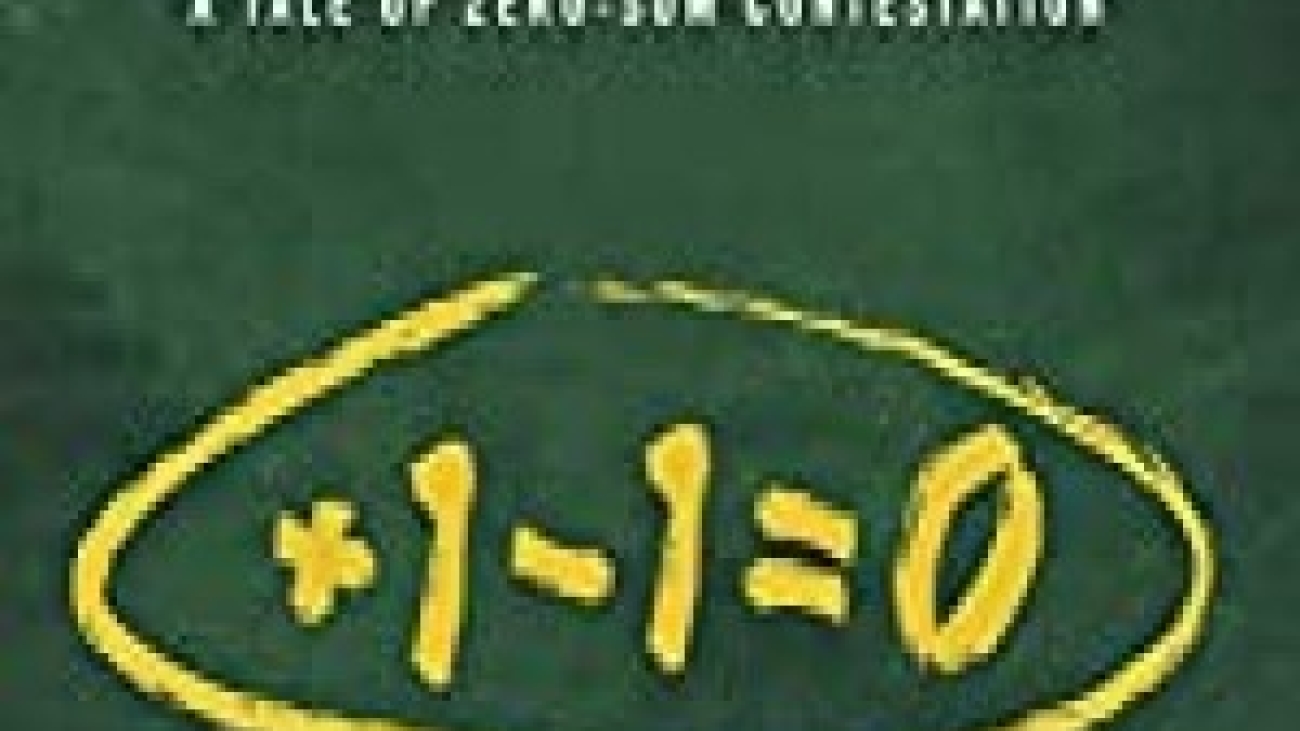Book Reviewed by Timea Barabas
“Weeping Goes Unheard” no longer as more and more voices speak up through a variety of channels. Lucia Mann contributes to this unveiling of a hidden (or as she argues, a covered) past of Canada by voicing those who have passed away, gone missing, or are still among us.
The author heavily relies on her journalistic investigation skill to document centuries of injustice against the First Nations of today’s Canada. However, she takes the uncovered data and weaves it into a compelling narrative. In my view, the book is a written embodiment of a documentary film with a series of reconstructions of events. Purchase Here.
Lucia Mann has proven time and time again with her previously published novels that she is a highly visual writer. Therefore, reading “Weeping Goes Unheard” is not that much unlike watching a documentary. What is more, she is equally a soulful writer, passionately driven by helping and voicing underprivileged communities of all races. This passion clearly transpires throughout the text.
The task set by the author was far from an easy one, as in front of her lay a long history of injustice that seeps into present days. In the book, different aspects of this monstrous manifestation are tackled, like forced deportations, residential schools, institutionalized abuse (mainly from figures of authority who should offer protection), and serial killers to mention just a few.
What makes this book stand out among others that approach the same topic is a mixture of elements and techniques that are skillfully handled by the author. The fragmented timeline, switching of narrative techniques, and perspectives are only a few of the strategies that keep the book dynamic and unpredictable (even though some readers will be familiar with at least some of the information conveyed). The readers are taken for a whirlwind of an experience with often sudden jolts between present and past (and frequent bleak reflections over a future that is yet to come).
All in all, “Weeping Goes Unheard” is a gritty book that brings into perspective stories from which society’s gaze has glazed over for too long. Due to the subject matter, it is not a read for all ages. While the book is highly informative and eye-opening, the ultimate goal of Lucia Mann goes beyond a simple passing down of knowledge. As a humanist and activist, she finds creative ways to engage the public with the hope to convert passive citizens of Canada – and of the world – into active participants that enact a change for the greater good.

